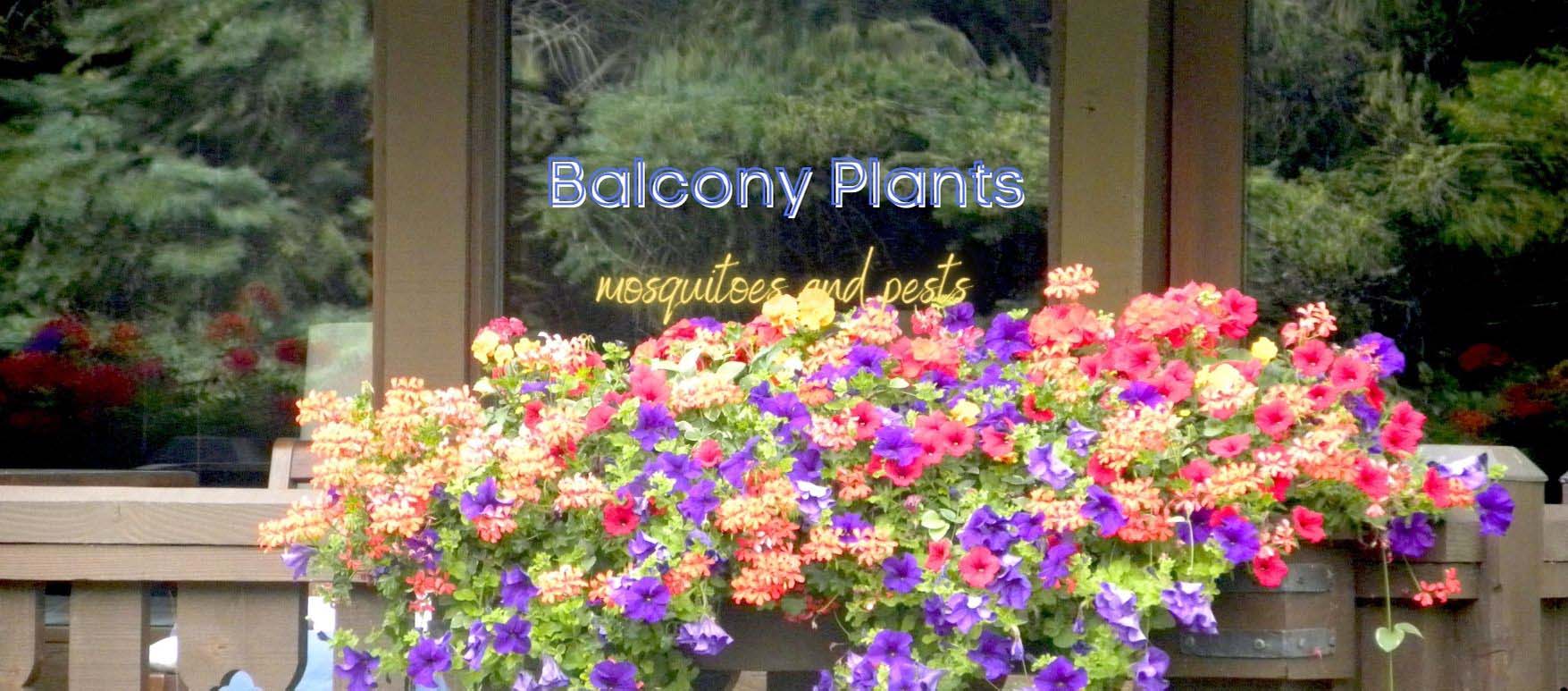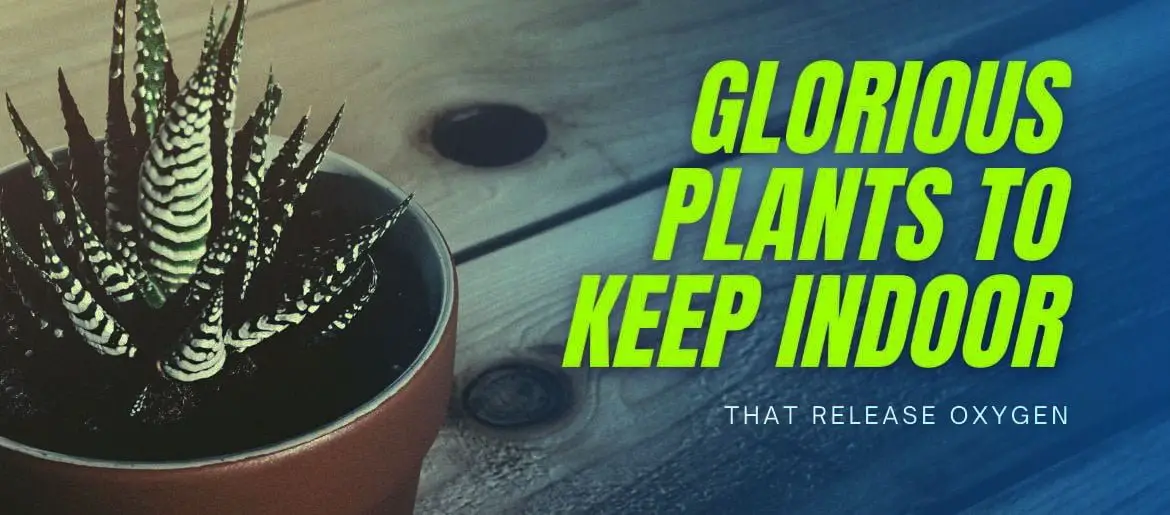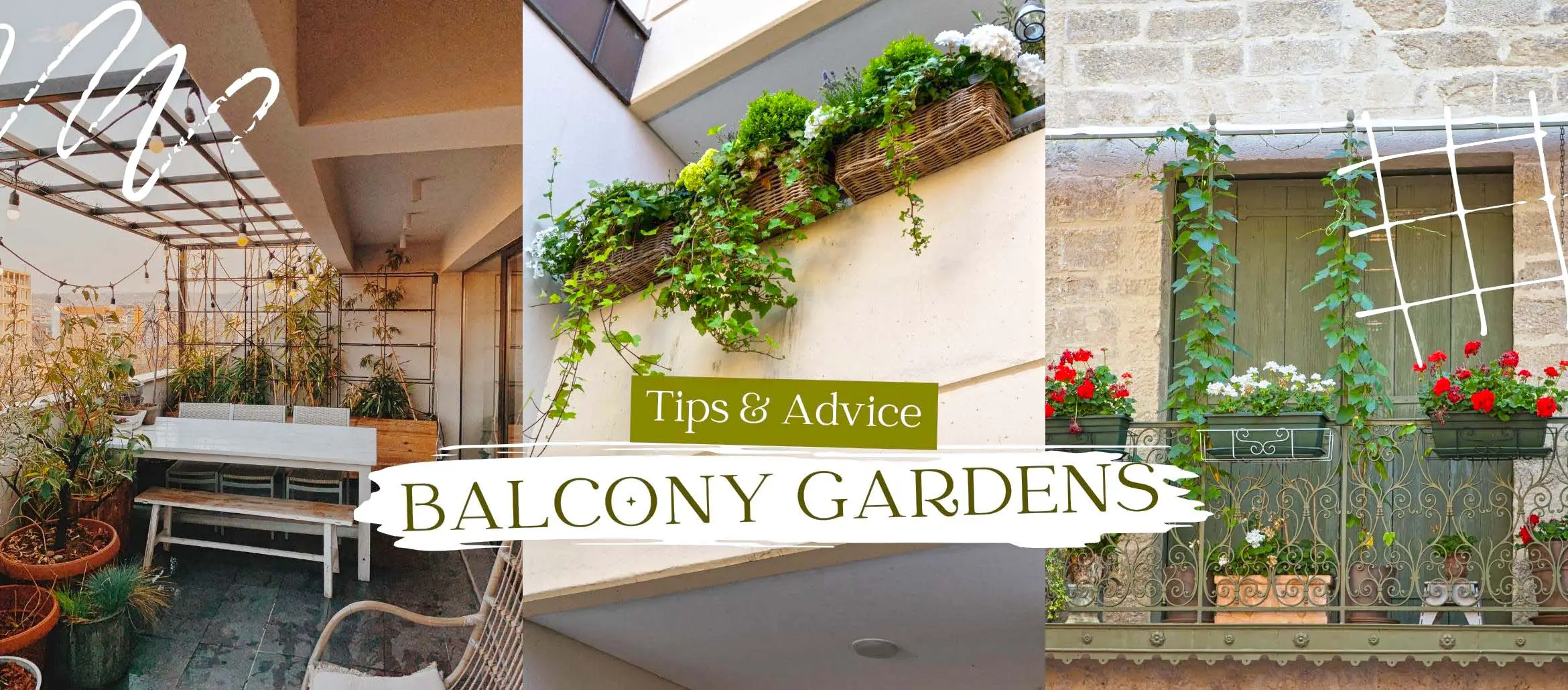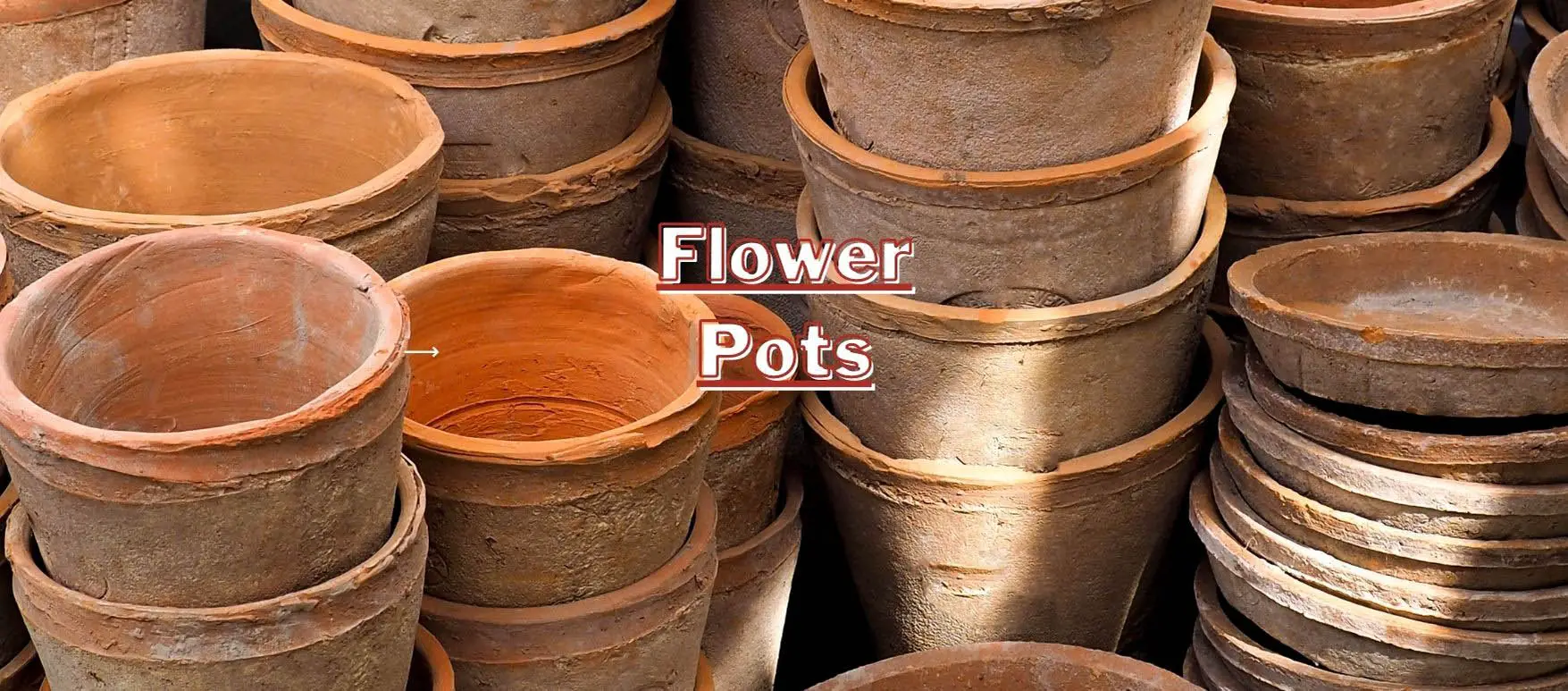How To Stop Mosquitos Naturally When Planting On The Balcony
Mosquito breeding can occur in most cases when flowering on the balcony. You will find that it will be a vast problem after the temperature comes up. Also, it will bring a terrible experience to the home environment. So what should we do when mosquitoes appear in balcony flowers? Don’t worry, and there are many insect repellent tricks that you can use to deal with mosquitoes. The direct way is to plant potted plants with mosquito repellent effect. Let’s take a specific look at the methods of planting flowers on the balcony to prevent mosquitoes and pests.
Using vegetable insecticide to control mosquitoes and pests
Pepper
Use 50 grams of fresh pepper, add 30-35 times of water, heat and cook for half an hour. Filter the water after cooling. You can spray this liquid on the plants several times a day. It has a significant effect on the control of aphids, red spiders, and other pests.
Garlic
Use 20-30 grams of garlic cloves and mash them into the mud. Add 10l of water to stir them. Then, filter the water to spray them. It has a good control effect on aphids and red spiders, and other pests.
Welsh onions
Use 2-3 kg of fresh welsh onions, chop, and mash them into the mud. Add 1.5l of clean water, and stir thoroughly. You can spray after filtrating the water. This mixture has a control effect on aphids and soft pests.
Japanese pepper
Japanese pepper Liquid can control whitefly, aphids, and scale insects. Add water to the Japanese pepper, and boil it in a pot. Boil it until the mixture becomes a decoction. Then, add some water to dilute it and spray it on the plants.
Other insecticidal methods to control mosquitoes and pests
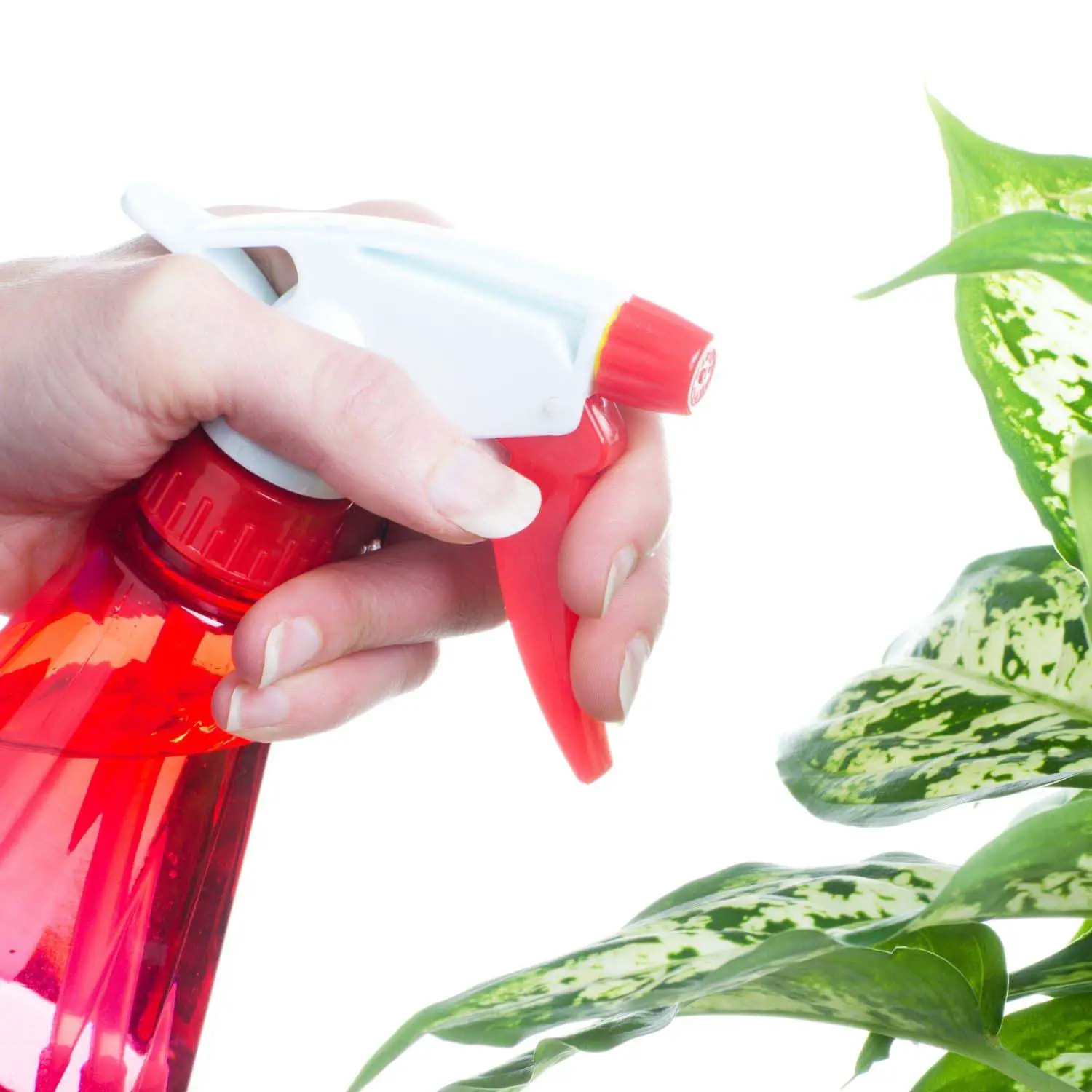
If aphids or scale insects are on your balcony flowers, you can spray some soap water. Add 400 ~ 500 times of water with soap and spray plant leaves to prevent aphids.
If you want to prevent mosquitoes on your pot trays, you can put soapy water in them. Soapy water is alkaline and can destroy mosquito larvae.
Soak orange peel in water, put it in the sun for three days, then dilute it, spray the plants and pour it into the flower soil. After spraying it two or three times, you can see the flying insects disappear.
Burning leftover tea leaves and dried orange peel on the balcony usually have some effects, but this method has limited impact.
Biological method of control mosquitoes and pests
You can be directly grown Nepenthes, Venus flytrap, Drosera, and Geranium to repel mosquitoes and insects.
Nepenthes
Nepenthes has racemes with small green or purple flowers, and the bottle-shaped body at the top of the leaf is a tool for preying on insects.
The cover of the bottle-shaped body can divide the secret fragrance and attract insects. The bottle’s mouth is smooth. Insects will be slipped into the bottle, drowned by the liquid secreted at the bottom of the bottle, and decompose the nutrients of the insect body, gradually digested and absorbed.
Venus Flytrap
The Venus flytrap is a fascinating carnivorous plant. Its stem is very short. There is an insect trap resembling a “shell” on the top of the leaf, and it can secrete honey. When a tiny insect breaks in, it can clamp it extremely fast, and digest the insect and absorb.
Drosera
Sundew leaves are densely covered with crystal clear “dew,” dazzling, very popular. However, these dazzling lights are “fatal” for insects. Because drosera is hunted its prey through these “dewdrops.”
Geranium
Geranium is a fragrant insect repellent. Geranium that can repel mosquitoes is geranium with aromatic leaves. As its name suggests, it is a plant that can emit fragrance. The fragrance can beautify the room environment and purify the indoor air. Also, it can repel mosquitoes and other insects.
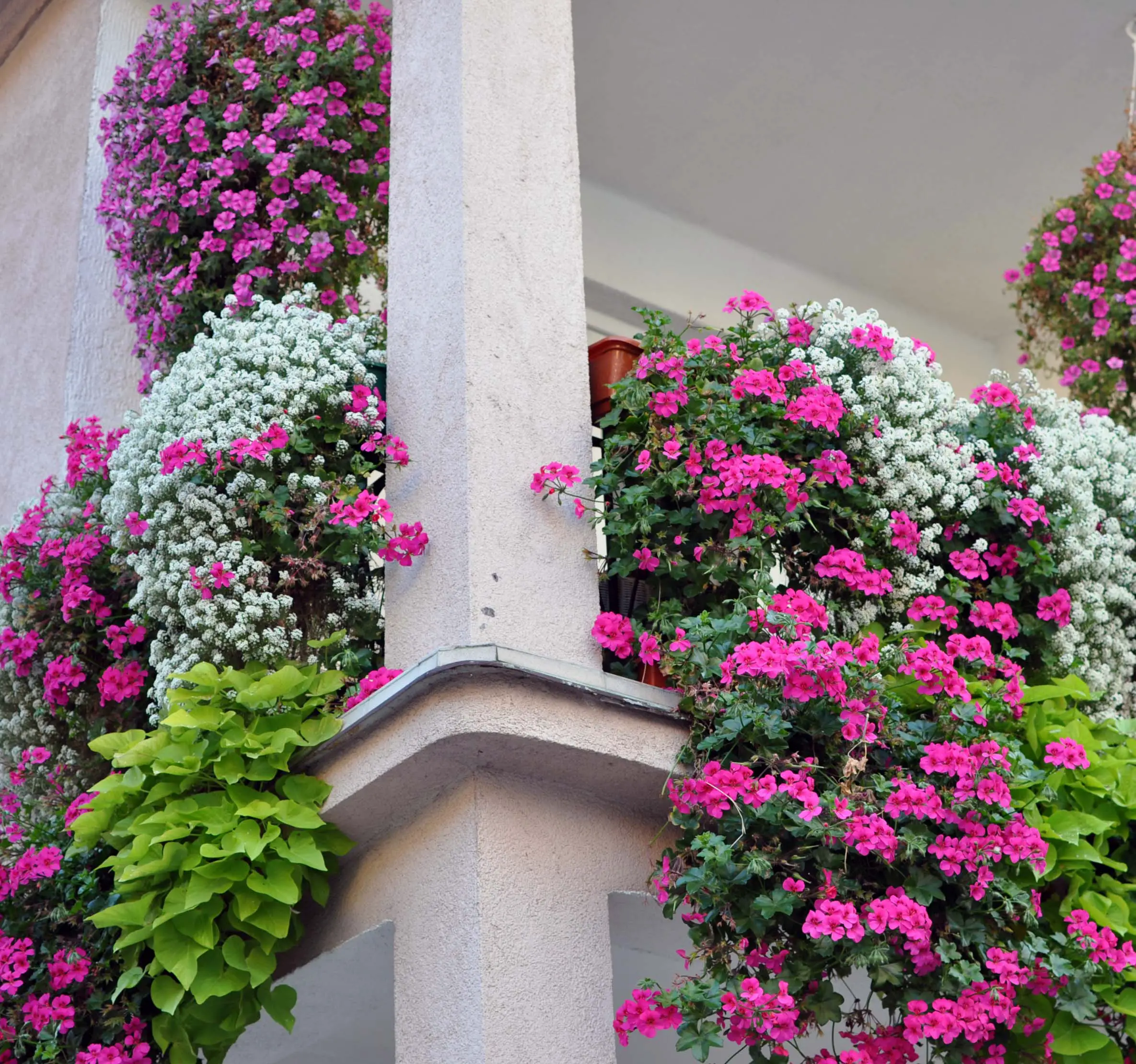
Matters needing attention when controlling mosquitoes and pests
Lavender, oleander, and camphor have some effect on repelling mosquitoes and insects because their leaves emit special odors. But these plants are not suitable for indoor use as they emit harmful substances to the human body.
Nepenthes “eats” mosquitoes and pests by closing the leaves and does not have the ability to repel mosquitoes. But it may have some reducing effect.
Although new mosquito repellent flowers and plants such as geranium are non-toxic and have a specific repellent effect, the effective mosquito repellent area of 20-30 cm is only. Therefore, it is not realistic to rely on it to repel mosquitoes.
